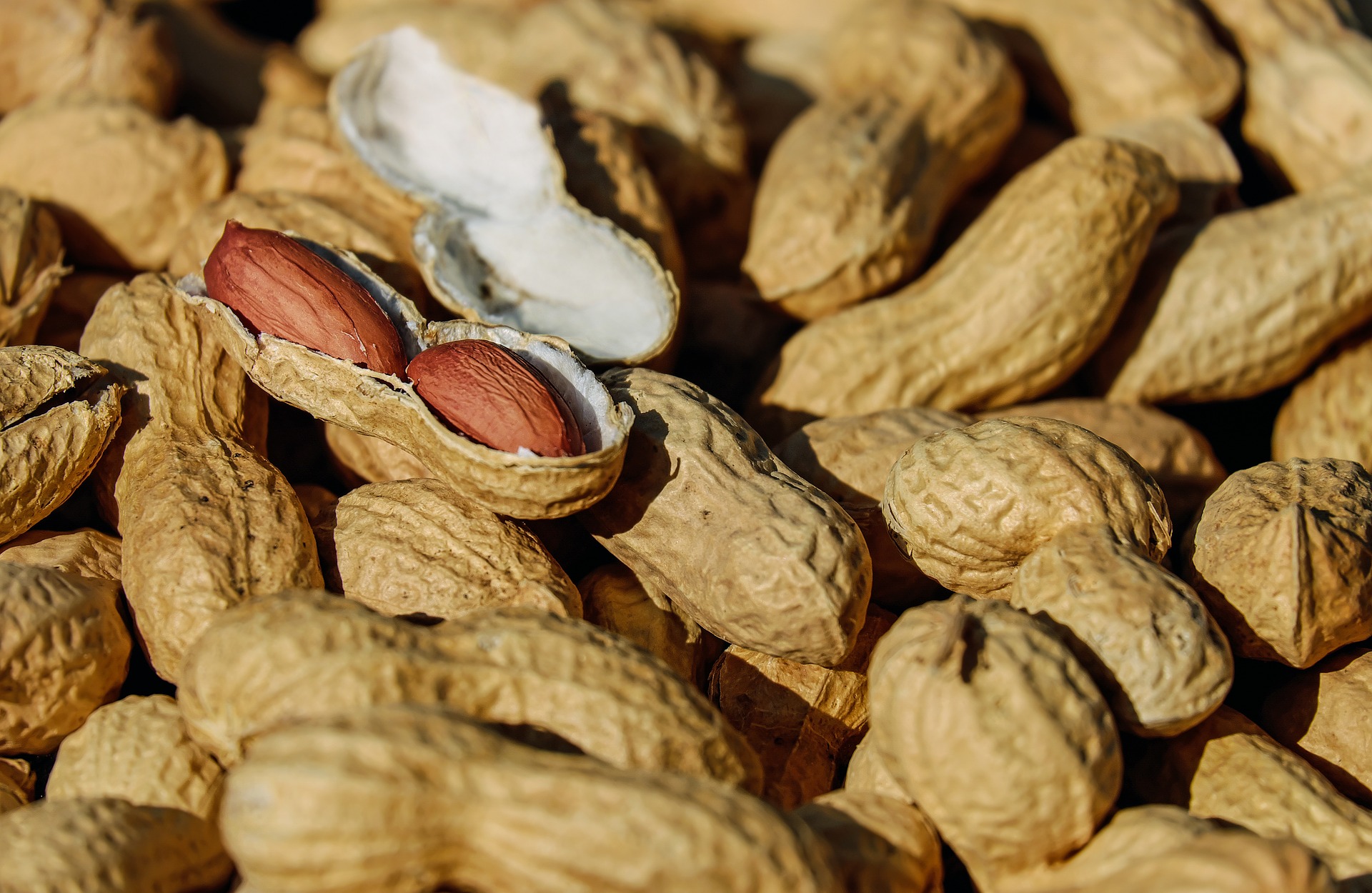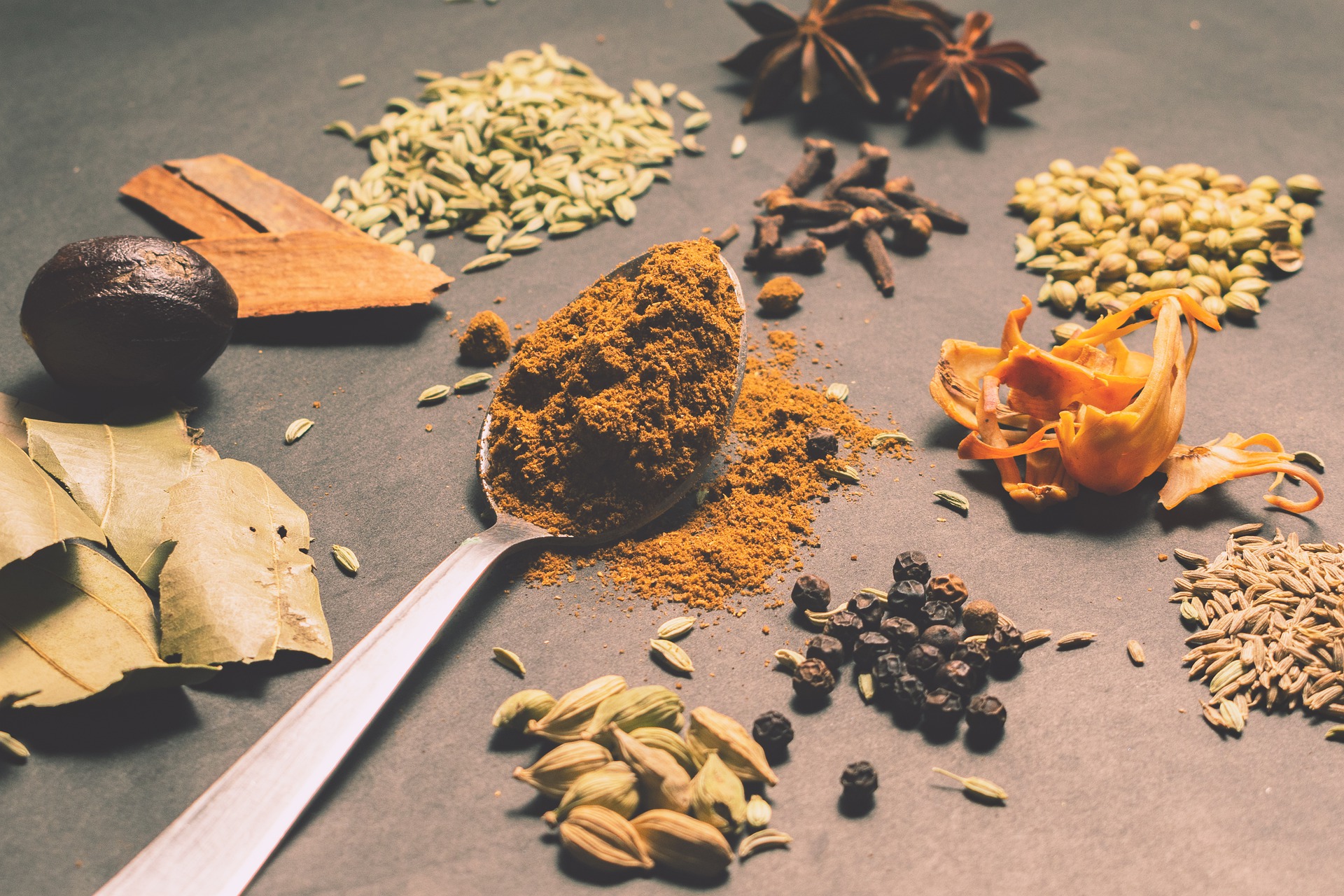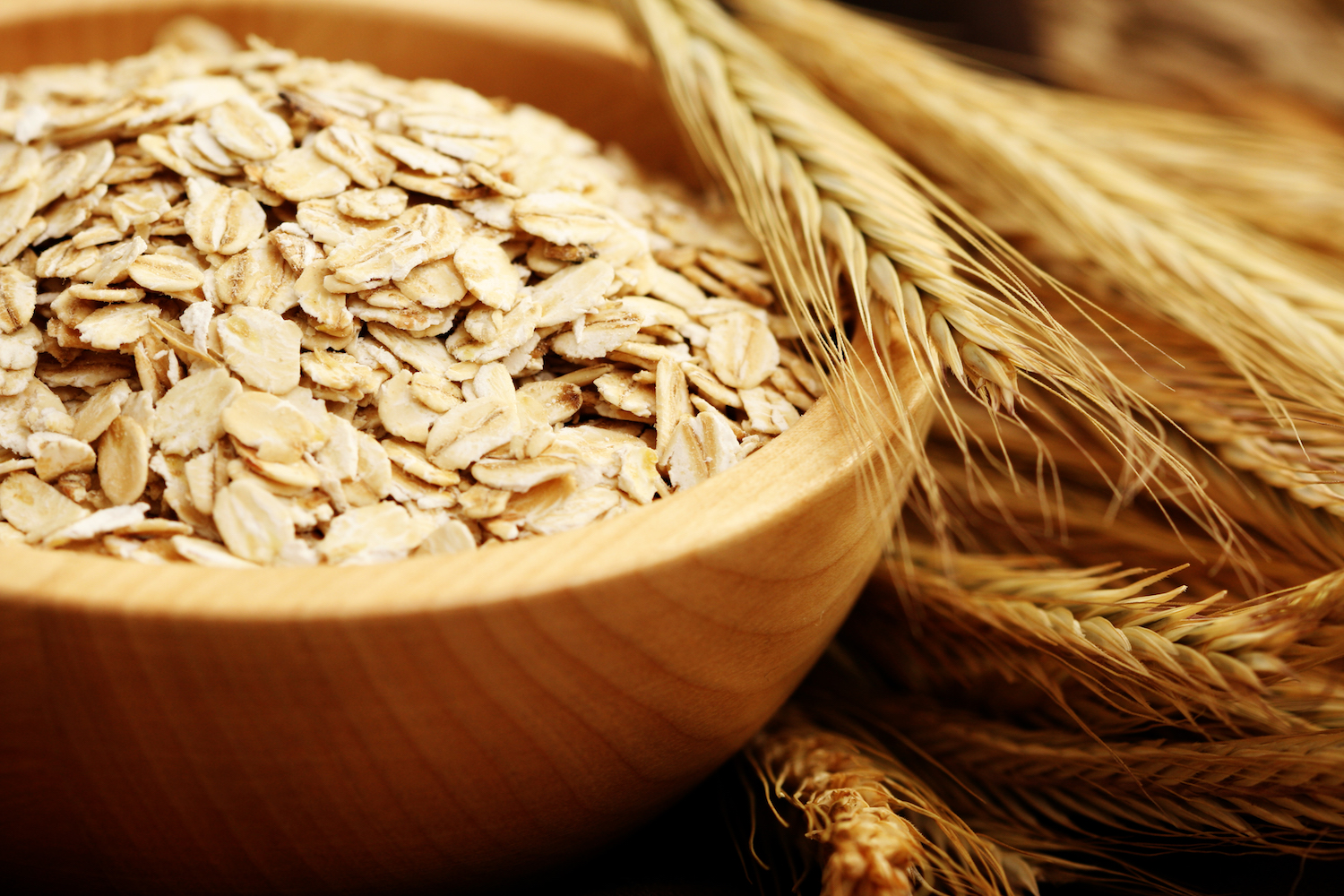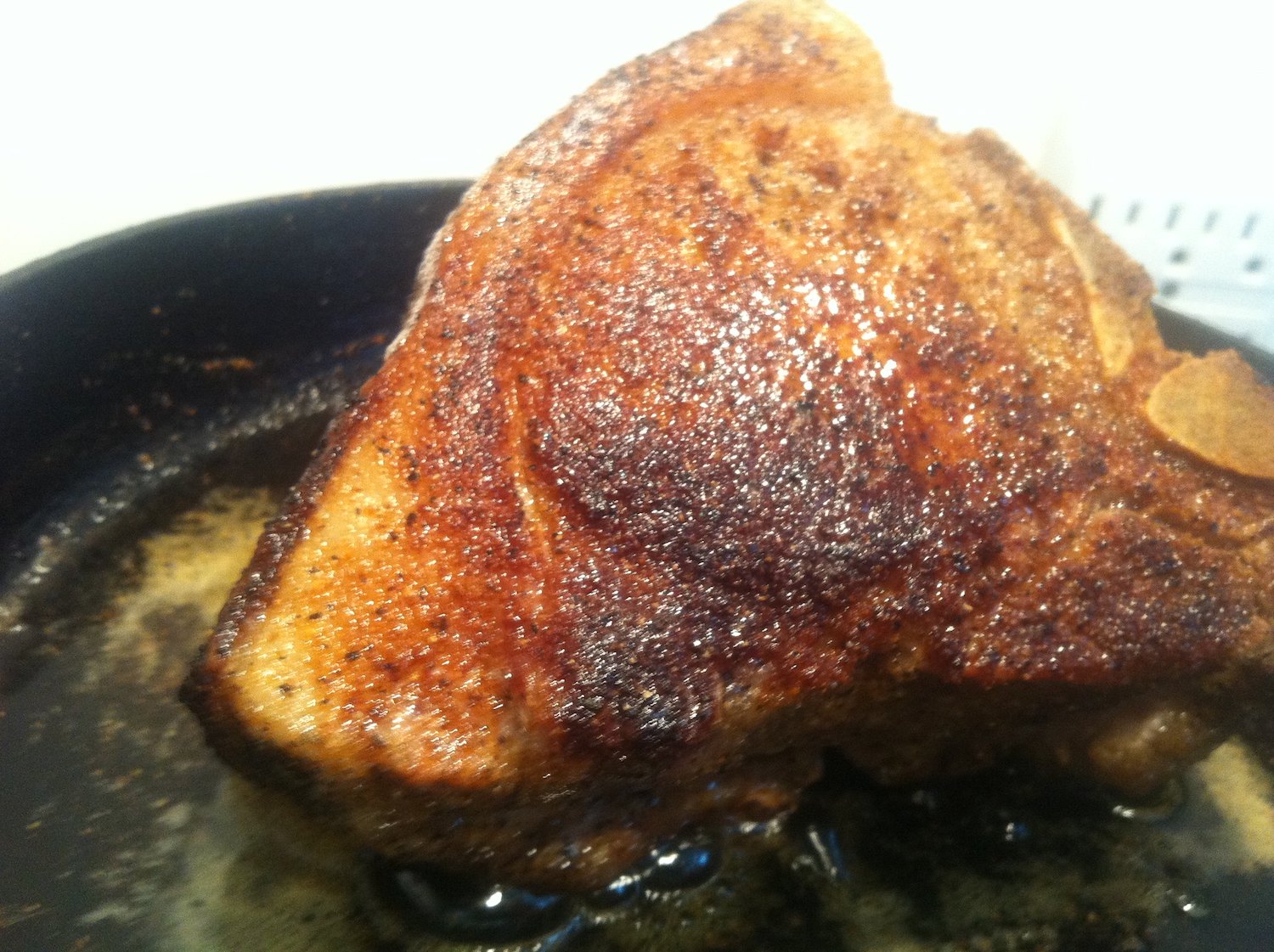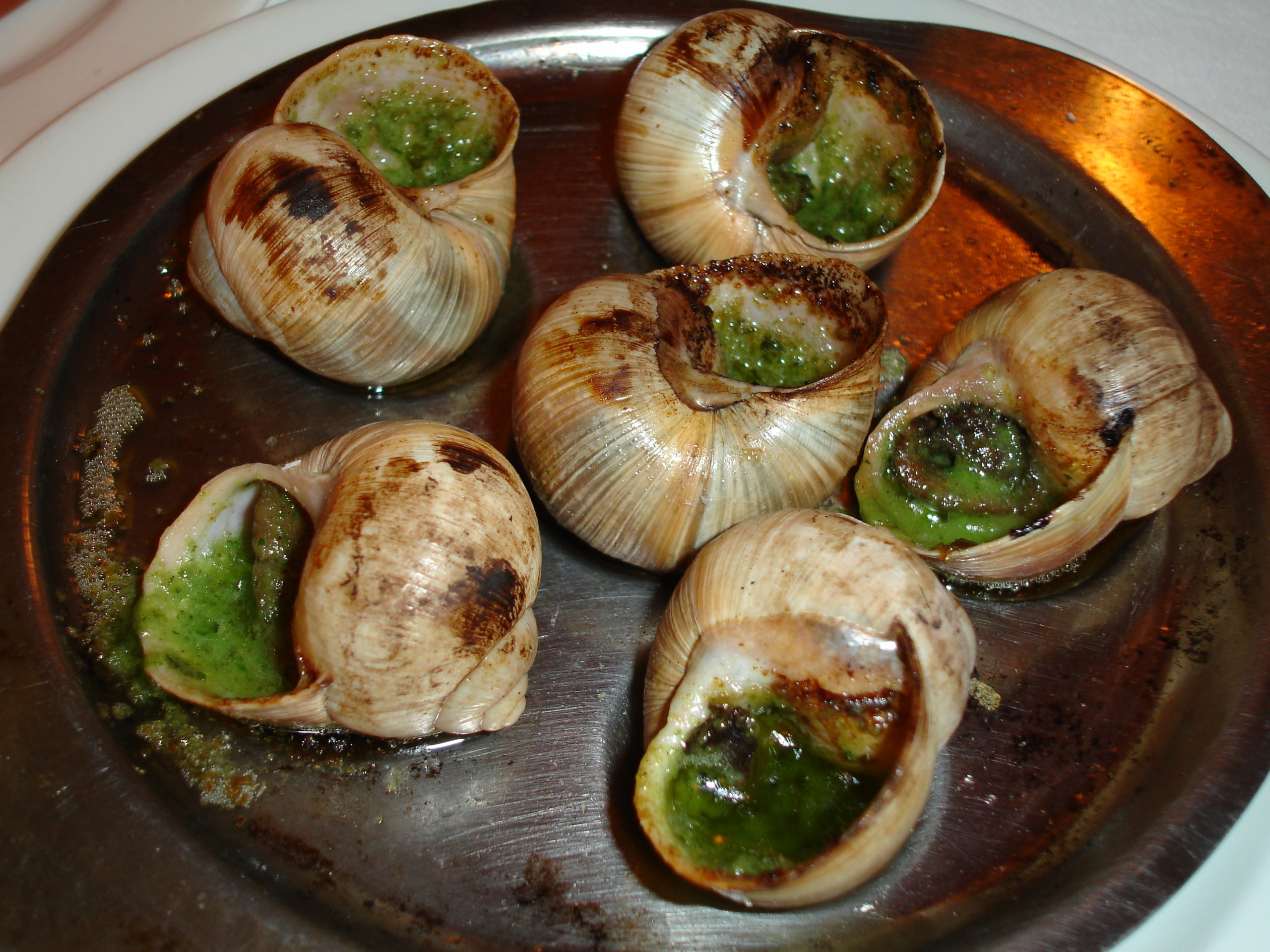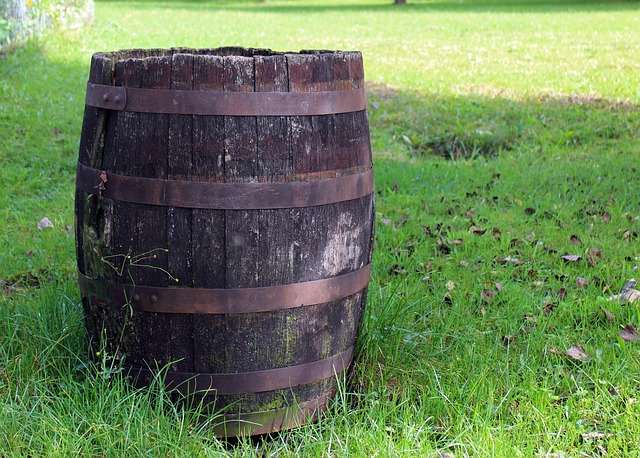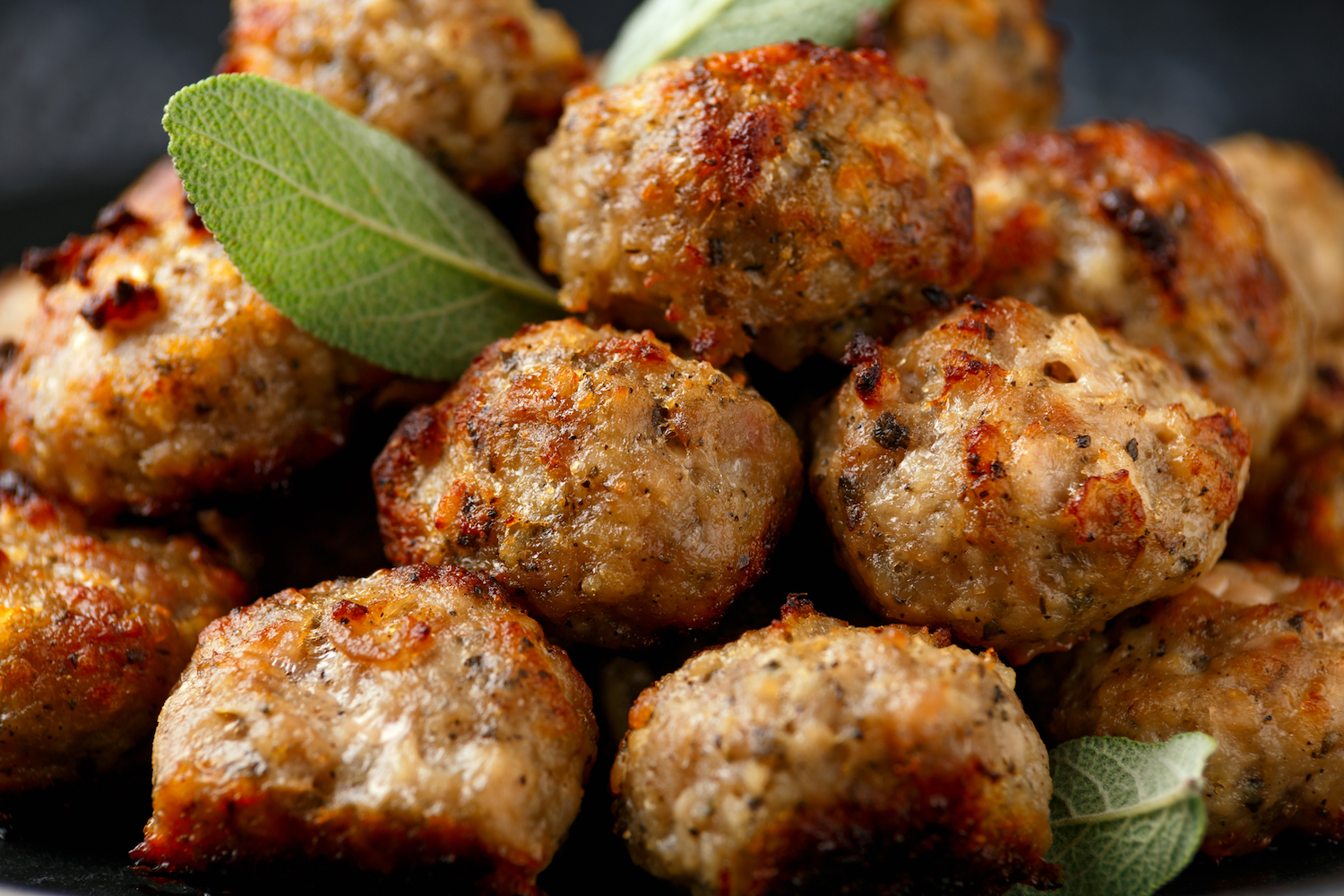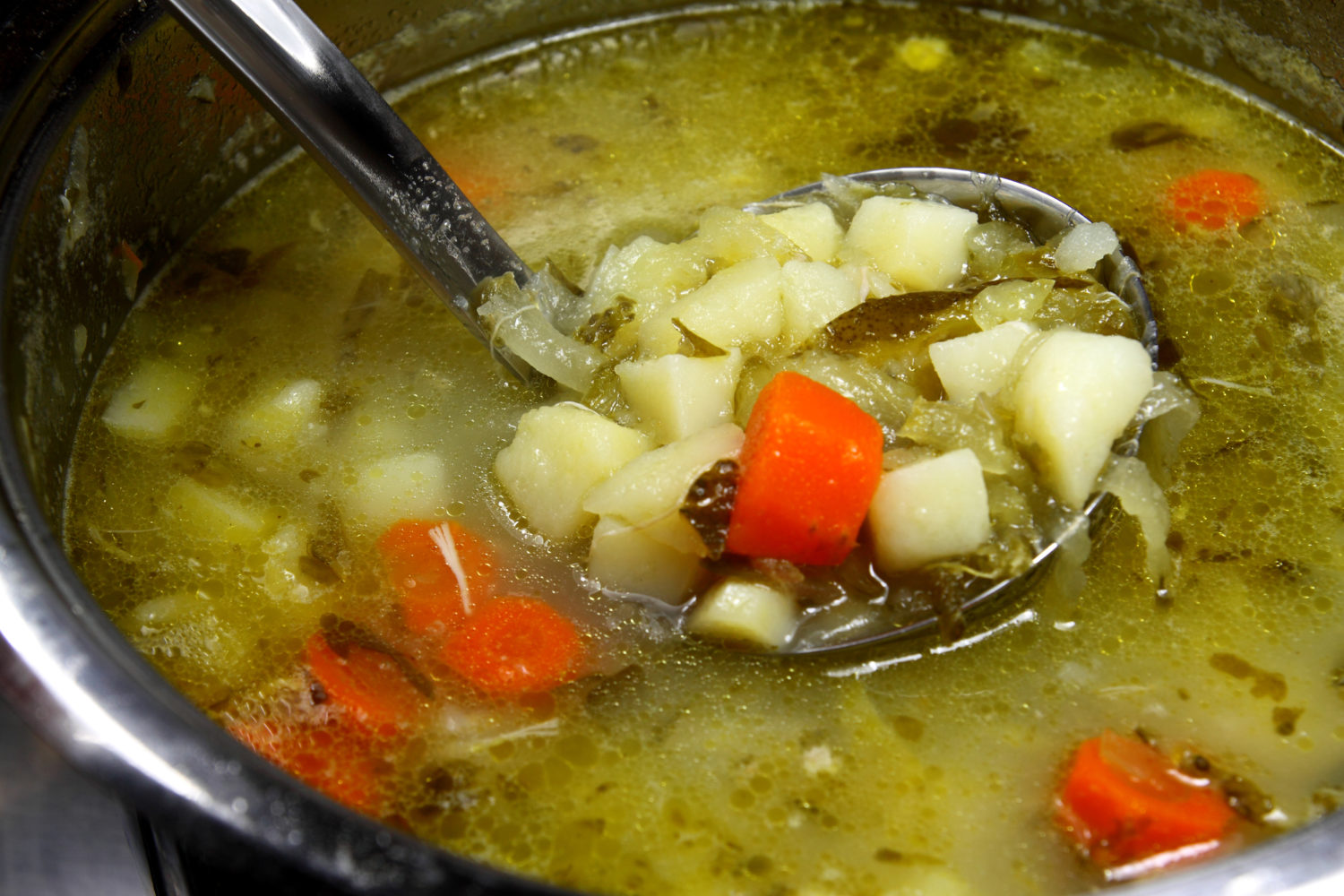Peanut Recipes / Soups, Croquettes, Macaroons, and more
Peanuts are the cheapest nuts to buy, for the reason that they are not really nuts but legumes. Peanuts contain a good deal of oil, and for this reason are recommended for consumptives. The peanut is also recommended as a cure for indigestion. Almost any kind of nut will cure the habitual indigestion induced by “bolting” the food, if only it be chewed until it is liquid. INFORMATION FROM 1800s COOKBOOKS TO BLANCH PEANUTS To blanch Spanish peanuts the usual…
